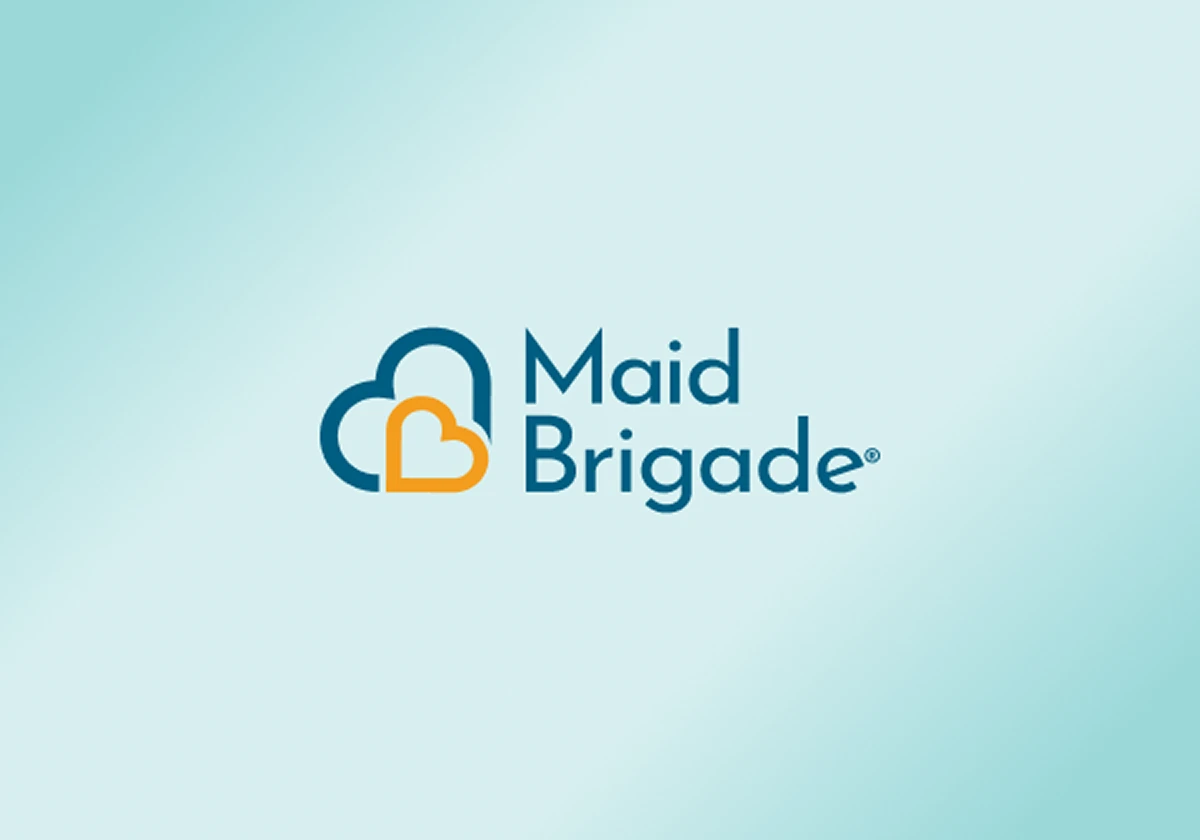If there is one thing I try and teach my children, it is to WASH THEIR HANDS throughout the day. I have been a nurse for the last twenty years. Back when I was 14 years old, I was cleaning boats for a living. At 16 years old, I expanded my horizons and started cleaning homes. I have seen and cleaned many surfaces, filled with germs and bacteria of all kinds. If there is one thing I learned from all this cleaning, it is to wash my hands. And I wash them at least six times a day. After all, you never know what you are going to pick up, and when!
People don’t realize how many surfaces they actually touch, from when they wake up in the morning to when their heads hit their pillows at night. It’s more surface touching than you think! How many surfaces that you have touched throughout the day do you think are actually clean? Not too many, which is why, when it comes to my children, I need them to be educated and aware about the surfaces they touch and why they need to wash their hands throughout the day, to keep from getting sick and also to minimize the number of germs they bring home to our family.
There's a long list of places that can harbor all sorts of germs, but these are the top five places that children may be picking up germs:
- Playgrounds. Fun for kids but playgrounds are filled with children’s oozing bodily fluids that have been spread from one monkey bar to the next. Past research shows blood, urine, mucus, and saliva have all been found on playgrounds. Kids love to wipe their eyes and put their fingers in their mouths and noses, leaving a trail of germs throughout the park. And you wonder why kids get the sniffles? To lessen those playground germs, carry wipes, soapy water in a bottle, or even hand sanitizer and wipe your children’s hands often.
- Soap dispensers. Kids try and do the right thing after going to the bathroom by washing their hands. What they don’t know is that the soap dispenser that holds the handwashing soap may be contaminated by fecal bacteria. Because the soap dispensers are not always cleaned, bacteria tends to grow from the soap scum buildup. Plus, the bottoms of the dispenser are touched by dirty hands, which harbor all sorts of germs all day long. To lessen this mess, teach your children to scrub their hands thoroughly for about 15 seconds with warm water. Using a hand sanitizer afterwards can help as a backup. To turn off faucets, grab a paper towel and wrap it around the faucet handle.
- Public water fountains. A germ-attracting favorite of mine! I stopped drinking from water fountains back when I was in elementary school and we tested our school water fountain for germs in science class! The spigots on these school fountains host millions of bacteria. Avoid drinking from public fountains as much as possible. Have your child bring their own beverages with them to school.
- School cafeteria trays and desktops. I don’t know which one harbors more germs. Both places usually are not cleaned by anyone. Occasionally, the cafeteria trays are wiped down, usually with the same one damp rag that also wipes down the cafeteria countertop and each lunch table. I am not even sure the sides of the tray are ever cleaned, just the face of the tray. The trays are then placed on a surface near the trash cans. Schools, shopping centers, airplanes, buffets, and even indoor play areas for children all use trays and all harbor germs and bacteria. Lessen these germs by bringing your own food, wiping down the trays with clean, hot, soapy water and a wipe, or avoid using the tray at all. Always teach your children to wash their hands thoroughly after eating.
- Shared condiments and school supplies. Anything “shared” can be an issue, especially for children. In public eating places, be aware of what is lurking on that ketchup bottle or napkin dispenser! Most people don’t wash their hands before sitting down to eat in public restaurants. In school, kids share pencils, crayons, glue sticks, and pencil sharpeners all the time! Have your child bring their own supplies and use them as much as possible. Teach them the “appropriate” way of not sharing their supplies. When dining out, wash your hands before eating, and with a clean wipe or soap and water, wipe down the condiments that are placed on the tables that you think you will be using.
Educating your children on germs and proper handwashing can help your whole family live healthier lives!



